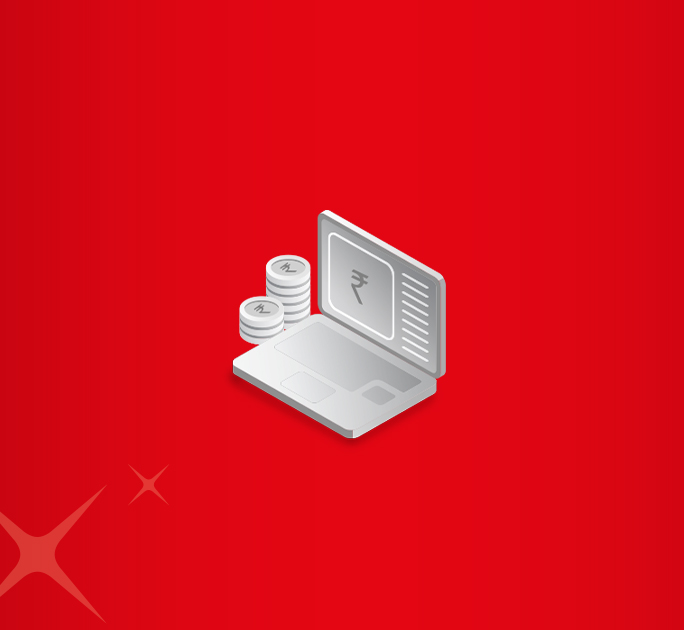When you invest in mutual funds, you try to find one that matches your risk appetite and personal financial goals. If you want to avoid stock market associated risk, you might choose pure debt funds. If you don’t mind taking risks to maximise profits, you can opt for pure equity funds. But what if you wanted the best of both worlds? That’s when your mutual fund compass will point you toward balanced or hybrid mutual funds. What are these balanced and hybrid mutual funds? Here are seven things to know about these funds.
What is the meaning of hybrid funds?
First things first: Let’s look at what balanced or hybrid mutual funds mean. Hybrid or balanced funds invest in both equity and debt. The debt portion comprises fixed income instruments government bonds, corporate debentures, treasury bills etc. The ratio of debt to equity is based on the scheme’s objective.
When you invest in a mutual fund, you could have either of two objectives: capital protection or capital appreciation. Balanced funds offer a combination of both. The debt portion ensures that the value of the capital is protected against inflation. The equity portion provides some amount of capital appreciation.
What is the asset composition?
In India, balanced funds generally invest a majority of assets in debt and put the remaining in equity. But these proportions are not fixed. An aggressive balanced fund may invest a higher portion in equity; it could be between 65-80%. A more conservative hybrid fund could invest as anything between10-25% in equity.
Who can invest in them?
Balanced funds are generally aimed at conservative investors who want to invest in safe instruments like debt, but want just a little bit extra by investing in equity. The debt part of the fund will ensure stable returns. The equity part will contribute more when there’s a bull market, and less when the bears are about.
What can I expect in terms of risks and returns?
We know that any investment has some risk involved. In a hybrid fund, the equity portion is sensitive to market movements. The debt portion has risks associated with it - like changing interest rates and debt defaults - but these are much lower than equity.
If you have higher expectations of returns, you can opt for an aggressive fund with a higher equity component. If you have a lower risk appetite, go with a conservative hybrid fund.
Are these cost efficient?
All funds charge a fee called an expense ratio. It is shown as a percentage of assets under management. A higher expense ratio will reduce your returns. So look for schemes which have low expense ratios. But some funds that have high expense ratios could offer high returns. If returns are high, it may be worth your while paying a higher expense ratio.
What should be the expected investment horizon?
Before you invest in these funds, you need to set realistic medium- to long-term goals. The ideal holding period to maximise profits is five plus years, especially if equity is involved.
What are the income-tax implications?
Finally, the last thing to know about these funds are the income tax implications. Tax treatment depends on the composition of the fund. If it’s an equity-oriented fund, with 65% or more invested in equity, it will be taxed like an equity fund.
For equity funds, LTCG of 10% is applicable on capital gains over Rs. 1 lakh per annum, for investments held for over a year. For investments held under a year, the STCG tax is calculated at 15%
Debt-oriented balanced funds (less than 65% equity) are taxed like debt funds.
Gains on debt mutual funds held for less than 36 months are treated as short term capital gains and taxed as per the income tax slab of the investor. Gains on debt mutual funds held for 36 months or more are treated as long-term capital gains and taxed at the rate of 20% after indexation.
DBS Bank offers Mutual Funds that are instant, paperless, signatureless – even transaction fee-less! What’s more? You get to choose from 250+ Mutual Funds across 15 top-performing asset management companies. So why wait? Login to digibank (app or internet banking) and start investing in a flash with instant Mutual Funds on DBS Bank.
Read up more on Mutual Funds here
Mutual Fund investments are subject to market risks, read all scheme related documents carefully before investing.






